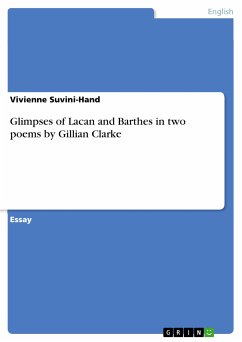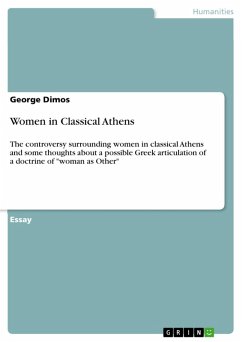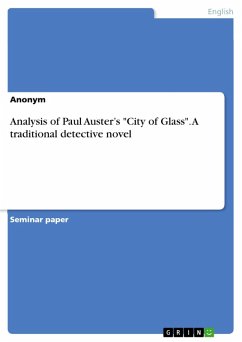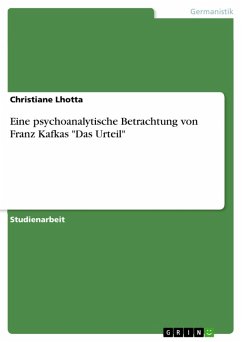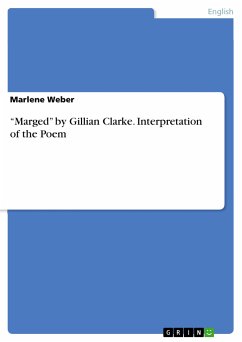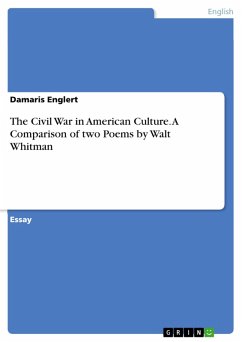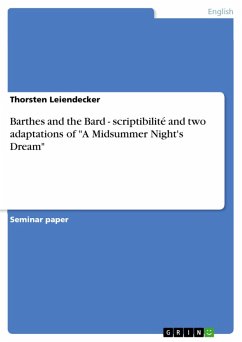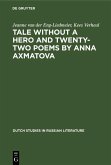Essay from the year 2019 in the subject English Language and Literature Studies - Literature, , language: English, abstract: Language is not a very predominant theme in the work of the Welsh poet and playwright, Gillian Clarke (born 1937) nor has she, to my knowledge, ever expressed an interest in linguistic theories and their application to literature. Her work tends to be rather autobiographical in style, recounting experiences involving her own family, children and local people. However, occasionally she touches upon the subject of education and of writing poetry (as for example in 'Lunchtime lecture' and 'Pipistrelle', respectively) and it is by way of these themes that issues concerning language come into play. Such is the case in 'Clocks' and 'Miracle on Saint David's Day'. In the first, I offer a Lacanian interpretation of the issue of 'naming' described in the poem. What the grandmother of the poem is concerned with is the development of the subject (her grandchild) and the need to construct his sense of 'reality' in and through language which in turn enables him to enter the Symbolic or Social Order. The official language of the Social Order is also pitted against what Lacan would term the 'lalangue' of the child, evident in his onomatopoeic utterances. 'Miracle on St David's Day' is a testament to the miraculous power of poetry and I illustrate how Clarke is reinforcing that the oral articulation of poetical language can induce a sense of euphoria as described by Barthes in Le Plaisir du texte.
Dieser Download kann aus rechtlichen Gründen nur mit Rechnungsadresse in A, B, BG, CY, CZ, D, DK, EW, E, FIN, F, GR, HR, H, IRL, I, LT, L, LR, M, NL, PL, P, R, S, SLO, SK ausgeliefert werden.

